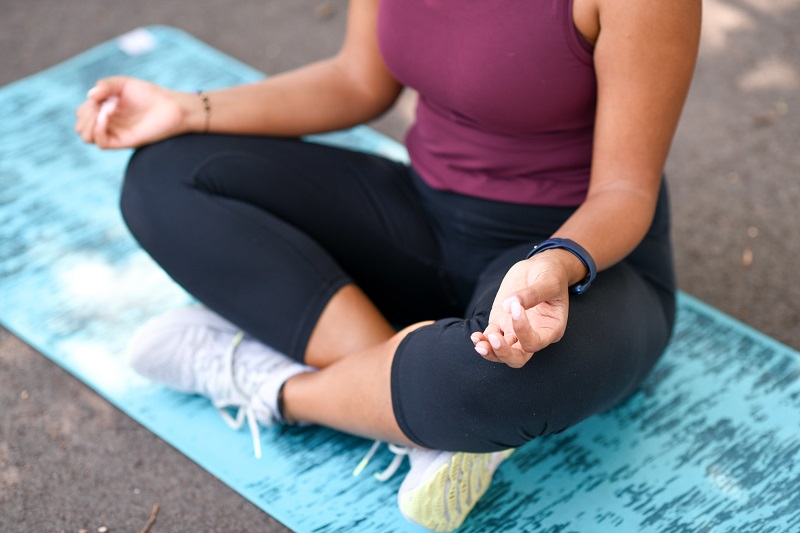5 Ways to Reduce Your Stress

November 05, 2022
- High blood pressure
- Diabetes
- Inflammation and plaque buildup in the arteries
- Depression and anxiety
“Stress takes a serious toll on not just your mind, but your body and overall health,” shares David Leopold, M.D. DABFM, DABOIM. “Whether you have a job that is stressful, or are dealing with day to day complications, it’s important to find ways to mitigate your stress and find relief.”
- The stress level experienced by Americans is 20 percentage points higher than the global average.
- 55% of Americans report being stressed.
- 49% of adults report their behavior has been negatively affected by stress.
- Stress can fuel unhealthy habits, including smoking and overeating.
6 Ways to Reduce Your Stress
1. Exercise: Physical activity reduces your body’s production of the stress hormone cortisol and releases endorphins, known as the body’s feel-good chemicals.
2. Laugh: Laughter relieves tension, relaxes your muscles and improves your mood and immune system.
3. Meditate: Yoga and meditation relax and strengthen your body while calming your mind.
4. Take a Nap: Rest and relaxation ensure your body is physically ready to tackle the day’s challenges.
5. Get Outside: Turn off your devices and go on a hike! Fresh air, sunlight and nature are good for the soul.
6. Eat healthy and nutritious food: Healthy eating is not only good for your heart, studies show healthy eating is good for our brains and can even reduce stress levels.
Next Steps & Resources:
- Meet our source: David Leopold, M.D.
- To make an appointment with a doctor near you, call 800-822-8905 or visit our website.
- American Psychological Association
The material provided through HealthU is intended to be used as general information only and should not replace the advice of your physician. Always consult your physician for individual care.







